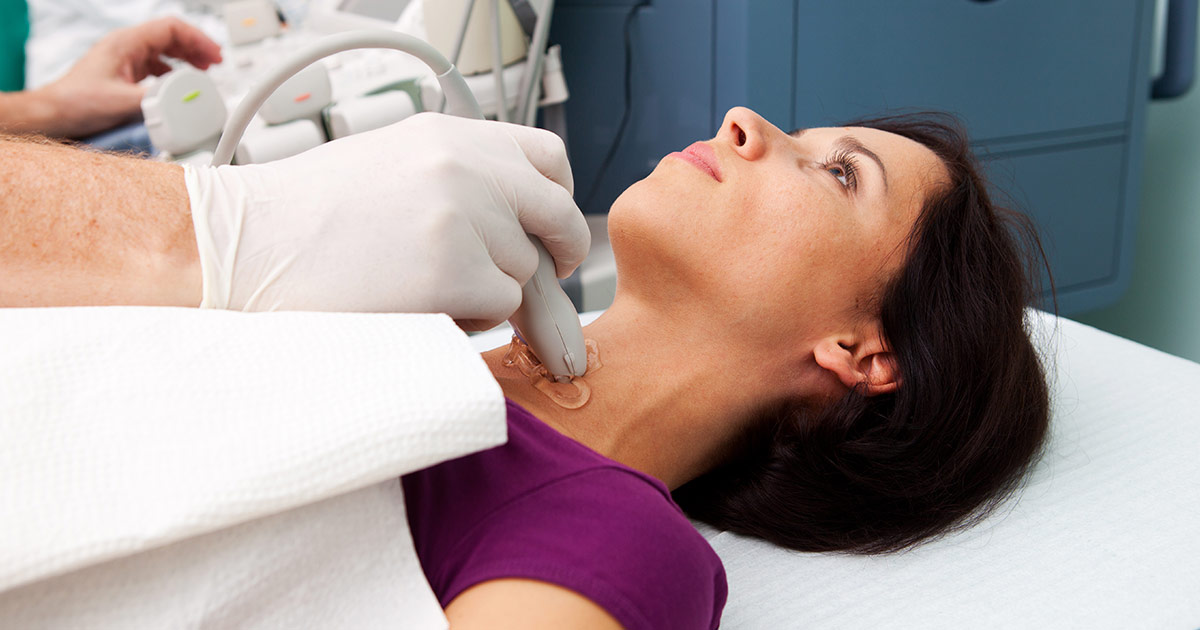


January 10, 2022
Thyroid facts:
• Women are 5-8 times more likely than men to experience thyroid problems.
• 1 in 8 women will develop a thyroid disorder in her lifetime.
• The cause of thyroid problems is largely unknown.
• Cardiovascular diseases, osteoporosis and infertility are serious conditions that can occur if thyroid disease goes undiagnosed.
• It is important for pregnant women to be diagnosed and treated adequately. If not, risks include miscarriage, preterm delivery and severe developmental problems in their children.
• Most thyroid diseases are life-long and can be managed with proper medical attention.
• Thyroid nodules are very common and are present in 60-70% of middle-aged women.
• Most thyroid cancers respond to treatment, but a small percentage can be very aggressive.
Early warning signs of thyroid problems:
• Overactive thyroid: Racing heart rate, Palpitations, Anxiety, Insomnia, Nervousness, Weight loss with increased appetite, Excessive sweating/heat intolerance, Muscle weakness.
• Underactive thyroid: Fatigue / sluggishness (mental and physical), Cold intolerance, Constipation, Hair loss, Weight gain, Depression.
Signs of thyroid nodules/cancer:
• An unusual lump or swelling in the neck.
• Other warning signs include a new cough, hoarseness, swollen glands and a new persistent cough.
Screenings for thyroid dysfunction:
There are blood tests used to measure thyroid hormones but not all are useful in all situations. The following are tests used to evaluate thyroid function.
• TSH tests measure the TSH level in the blood which is the best way to initially test thyroid function. Changes in TSH can serve as an early warning before levels become too high or too low.
• T4 tests measure T4 which is the main form of thyroid hormone circulating in the blood. Levels help determine if a patient has hypo or hyperthyroidism.
• T3 tests are useful to diagnose hyperthyroidism. People who are hyperthyroid will have an elevated T3 level.
• Free T3 tests measure free T3 but they are often unreliable and not typically helpful.
Source https://www.saintjohnscancer.org/blog/endocrine/january-is-thyroid-awareness-month/
